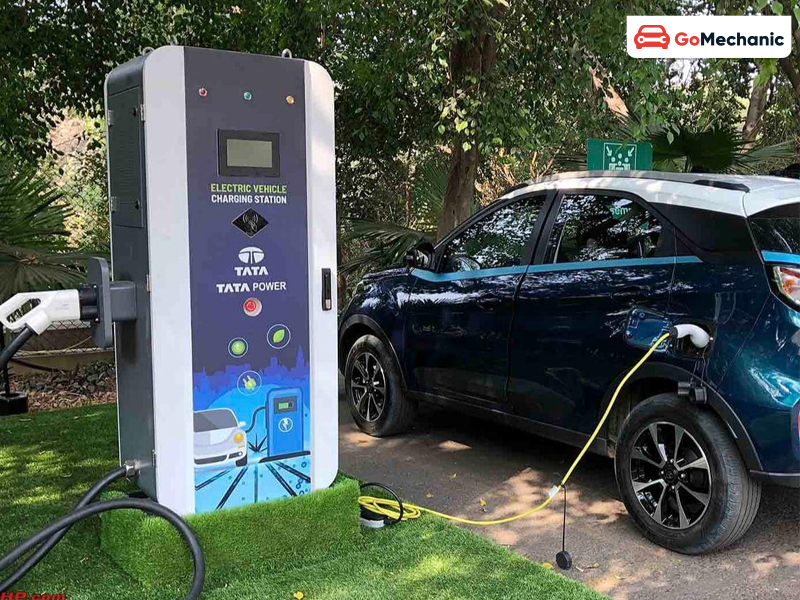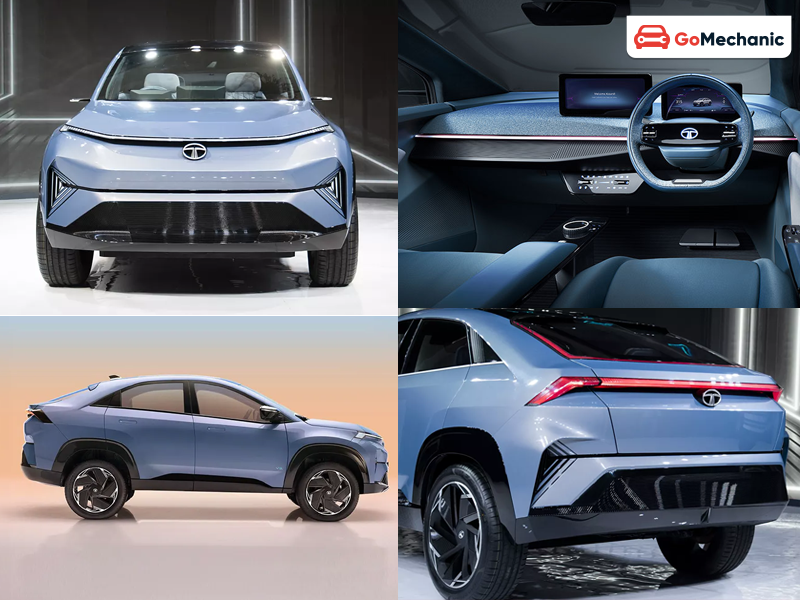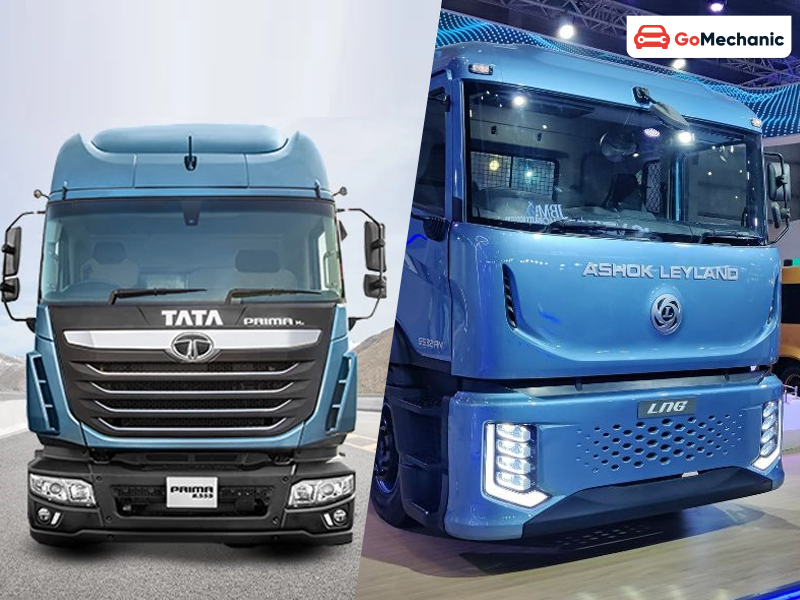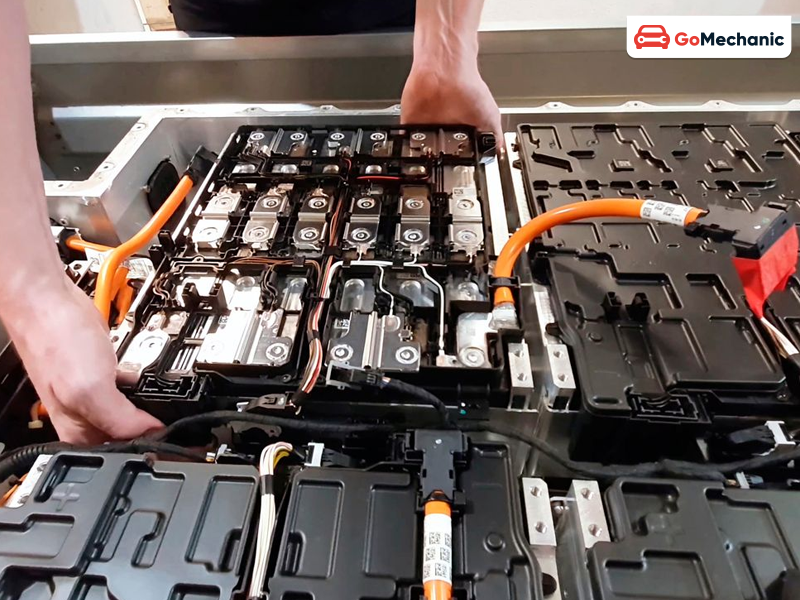The current world is growing and evolving at a rapid pace. The masses are now awake and are realizing the importance of sustainability. This green thought is now seeping through every industry and human life. Sustainable transport is one such cornerstone of this evolving landscape, with electric and hydrogen cars at the centre as potential green mobility solutions.
Here, we are comparing battery electric cars against hydrogen-powered cars to draw out the core differences.
BEVs
BEVs, Battery Electric Vehicles have a central electric motor powered directly through an ion battery.
Hydrogen cars eliminate the need for an ICE(internal combustion engine) and fuel tank.
Advantages of a Battery Electric Vehicle
-
-
Government Incentives: The Indian government is allotting supportive subsidies and tax benefits for purchasing electric cars.
-
Efficiency: A high efficiency rate of over 77% allows BEVs to be among the most popular vehicle categories.
-
Lower Running Costs: BEVs run on a fraction of traditional vehicle costs by eliminating fossil fuel dependence.
-
Reduced Maintenance Needs: Batter electric cars are more economical in the long-term as they are less mechanical with no need for oil changes or other internal combustion engine maintenance,
-
Growing Infrastructure: Charging stations are becoming increasingly common, especially in urban areas, making them convenient for users.
-
-
Ease of Home Charging: The easy installation process of home eChargers allows individuals to be able to charge their electric cars at home.
Challenges Facing Battery Electric Cars in India

-
-
Range Limitations: Batteries provide clean energy for cars but have limited ranges, restricting limitless movement.
-
-
Charging Duration: Longer charging duration is one drawback that still holds back people despite the electric vehicle (EV) trends.
-
Battery Degradations: Batteries deteriorate over time affecting charge retention and other capabilities.
-
-
Environmental Concerns: The Production and disposal of lithium-ion batteries have raised questions regarding mining and waste management.
-
- Charger Hoarding: During peak hours in densely populated regions, all chargers can be engaged, leading to frustration.
HFCVs

Hydrogen fuel cell technology incorporates highly pressurized hydrogen gas (H2) to generate electricity through a dedicated fuel cell. It is an excellent green mobility alternative, especially for long-haul transport and heavy-duty vehicles.
Hydrogen cars produce zero harmful emissions with water vapor as the only byproduct.
Advantages of Hydrogen Cars

-
Easy Refueling: The refuelling process in a Hydrogen car is easy and quick, similar to conventional petrol or diesel vehicles, making them more convenient for long-distance travel.
-
Unlimited Range: Easy refuelling allows continuous travel and a longer driving range unlike electric vehicles, making them ideal for areas with less infrastructure.
-
Scalability: Hydrogen can be locally produced utilizing renewable energy with some advancement and infrastructure.
Challenges Facing Hydrogen Cars in India
-
Insufficient Infrastructure: India is still in the process of developing refuelling infrastructure for Hydrogen cars. Building a comprehensive hydrogen refuelling network will take more investments and time.
-
Higher Cost: H2 production, storage, and transportation are still heavy on the pocket, making hydrogen cars less affordable than their battery cousins.
-
Energy Efficiency: Hydrogen-powered vehicles are comparatively less power efficient than battery-powered vehicles.
Hydrogen Cars vs Electric Cars: Succinct Comparison
| Feature | Battery Electric Cars (BEVs) | Hydrogen-Powered Cars (HFCV) |
| Energy Source | Electricity from lithium-ion batteries | Electricity from Hydrogen using fuel cells |
| Emissions | Zero tailpipe emissions | Zero emissions. only water vapour |
| Refueling/Recharging Time | 30 minutes to several hours | 3-5 minutes
(dedicated Refueler) |
| Driving Range | 200-500 km per charge | 300-500 km (can be more) |
| Energy Efficiency | ≈77% efficiency | ≈30-40% efficiency |
| Infrastructure Availability | Growing charging network (Appropriately Sized) |
Few refueling stations
(Extremely limited) |
| Operating Costs | Lower (fewer moving parts) |
Higher (H2 production & storage) |
| Environmental Impact | Battery production & disposal challenges | can be carbon-intensive |
| Scalability | Easily scalable with existing electricity grid | Requires significant investment |
| Vehicle Cost | Decreasing
(battery advancements) |
Currently higher (fuel cell technology) |
| Suitability | Ideal for urban & short to medium-distance travel | Suited for long-distance & heavy-duty |
| Market Adoption | Rapid growth with increasing incentives | Early-stage adoption |
| Maintenance | Minimal | Moderate |
| Public Perception | Popular and already integrated | Emerging, no widespread acceptance |
Overall, battery electric vehicles and hydrogen fuel cell vehicles carry the essence of humanity’s attempt to make development sustainable. Both cater to different segments and bypass various problems arising from using fossil fuels and other carbon-intensive processes. They are all a part of India’s growth and development through a stable and bright future!






